The scope of Teacher Education in India can be assessed as teachers receive training in evaluating students’ progress, being impartial and being fruitful in preparing teachers to work with a wide variety of students, including brilliant and weak children, students with disabilities, and students from different cultural backgrounds.
Table of Contents
The scope of teacher education in India plays a vital role in determining the standard of instruction and the growth of students. The development of teaching abilities, knowledge, and classroom management strategies are the main goals of teacher training programs.
Teachers gain numerous skills to deliver efficient lesson plans, instructional resources, and cater to the various requirements of students.
Meaning of Teacher Education Programmes
To comprehend the significance and scope of teacher education and the fact that teacher competency, sensitivity, and motivation are the main factors influencing the quality and level of student accomplishment.
- Teacher Education in India is described as a program of instruction, research, and preparation for teachers at the pre-primary to higher education levels by the National Council for Teacher Education.
- Teacher education is a program that focuses on enhancing the proficiency and competency of teachers. Hence, they are better equipped to meet the demands of their profession and overcome its problems.
- The teacher preparation program was known as teacher training from 1906 until 1956. It trained educators to be technicians or mechanics. Its objectives were more limited, and it concentrated solely on skill development. As a result, teacher education had a relatively limited perspective and scope.
- Teaching techniques, solid pedagogical theory, and professional skills are all included in teacher education.
- Teaching abilities plus pedagogical theory and professional competencies in teacher education.
Also Check: Guide to 12 Types of Modern Teaching Methods
Objectives of Teacher Education Programmes
The following is a list of teacher education program objectives in reference to the scope of teacher education to help everyone comprehend them clearly:
- Treat the teachers' deficiencies that resulted from flaws in their first pre-service training.
- Improvement of the educational knowledge and teaching abilities needed for new teaching positions.
- Enhance and refresh the subject area expertise of the educators.
- Educate educators to be change agents.
- Educate people so they can quickly and consciously adapt to a changing world.
- Teachers should be ready to learn for themselves.
- Educate educators to be lifelong learners.
- Teach educators to make use of all available formal and informal educational resources.
- Make teachers aware of and equipped to deal with emerging societal issues, as well as to help pupils get ready for these economic, social, and cultural challenges.
Also Check: Skill Development Courses List
Scope of Teacher Education Programme
The main content of the scope of Teacher Education in India is based on two major things: the school curriculum and pedagogical innovations. The content for In-Service teacher education will always come from shifting the focus of the curriculum, adding new courses to it, and creating innovative teaching techniques.
Domains of teacher education program:
Domains of teacher education program should extensively cover these two aspects:
1) Foundational theory and professional domains
2) Use instructional strategies, assessment instruments, multimedia resources, and student assistance.
The subject course consists of two parts:
1) Concept
2) The teaching methodology used in the relevant field
- Less theory should be covered in these courses because their main goals are to help students get fresh insights into the subjects they are studying and to help them develop the skills necessary to carry out the curriculum in an efficient manner.
- The other aspects of in-service teacher education might focus on professional skill and ability development, including that which is necessary for creating instructional materials and assessment protocols, as well as raising knowledge of important contemporary topics.
- Concerns in in-service education also include concept clarifications, the formation of positive attitudes and values, motivational strategies, and pedagogical theories.
- More teachers should be involved in this program as it is better from a motivational standpoint and relies on self-education, which puts the burden of education on the teachers.
- The humanistic growth of the teacher, his behavioural skills, the organisational environment in which he works, and his role in fostering stronger ties between the school and the university/college should all be addressed in the in-service programs.
Also Check: Top 10 Online Teaching Platforms in India for Teachers
Changing Context of Teacher Education in the Indian Scenario
The well-established tradition of teaching and learning in India has retained its inherent strength even under adverse circumstances. The post-independence period was characterised by major efforts being made to nurture and transform teacher education.
- The system of teacher preparation has come under considerable pressure as a result of the expansion and growth of school education through efforts to universalize elementary education.
- The current system of teacher education is supported by a network of national, provincial and district-level resource institutions working together to enhance the quality and effectiveness of teacher preparation programs at the pre-service level and also through in-service programs for serving teachers throughout the country.
Impact of National Policies
India has made considerable progress in school education since independence with reference to overall literacy, infrastructure and universal access and enrolment in schools. Two major
developments in recent years from the background to the present reform in Teacher Education in India are.
- The National Curriculum Framework for School Education, 2005: The Bill has been passed by the Parliament, and the Right to Education Act has come into being, making it mandatory for the state to provide free and compulsory education to children in the 6-14 age group till class 8.
- The Act mandates a schedule for the functioning of schools, which includes a teacher-student ratio of 1:30 to a student population of 200 students at the primary stage. This would increase the demand for qualified elementary school teachers many times.
- The country has to address the need to supply well-qualified and professionally trained teachers in large numbers in the coming years.
- The launch of the massive Sarva Shiksha Abhiyan in 2002 and the recent financial commitment and education cess to augment the Universal Elementary Education mission have underscored the need to adequately prepare teachers to address the growing demand for quality education.
Also Check: Top 10 Effective Methods of Teaching English


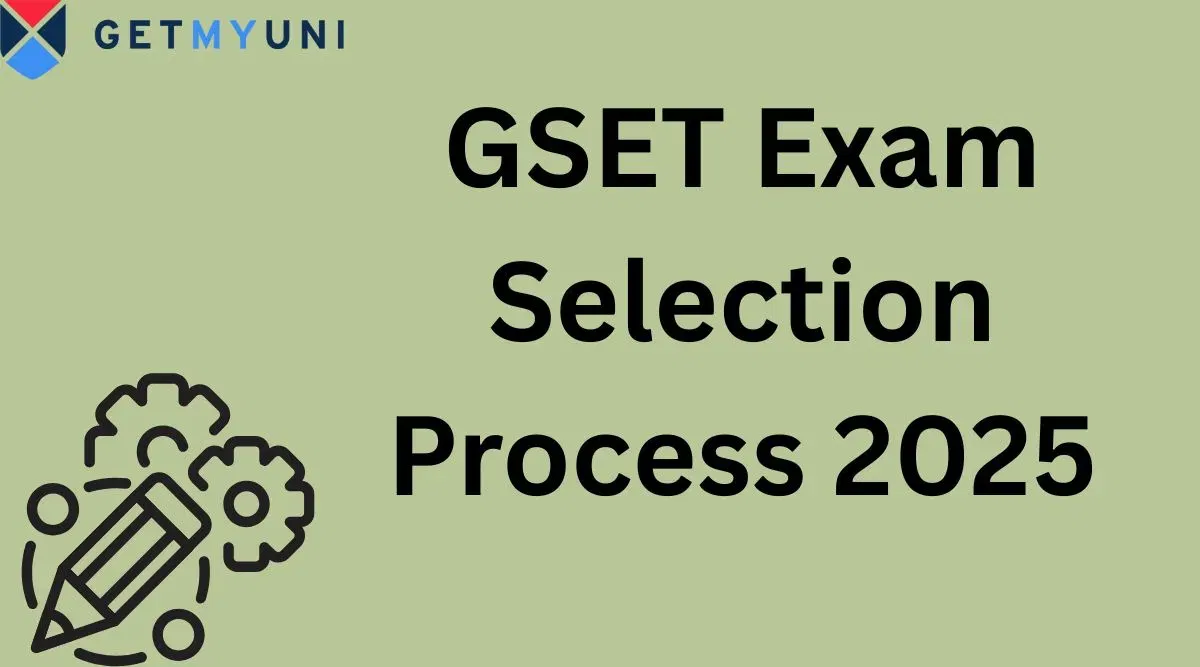
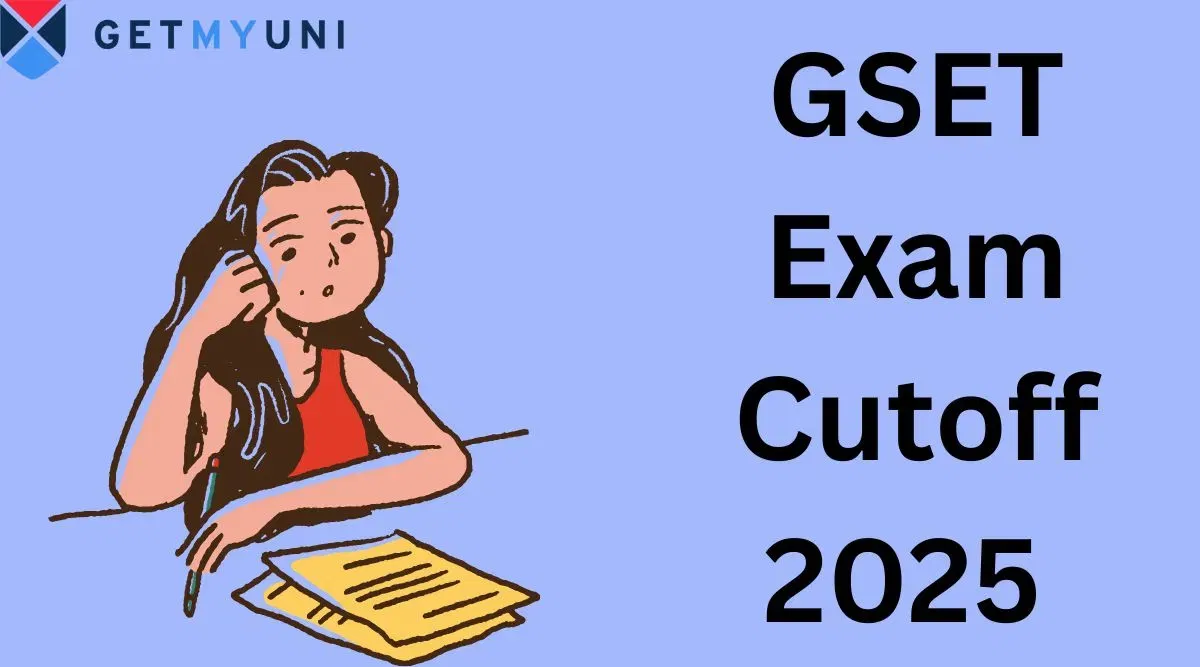
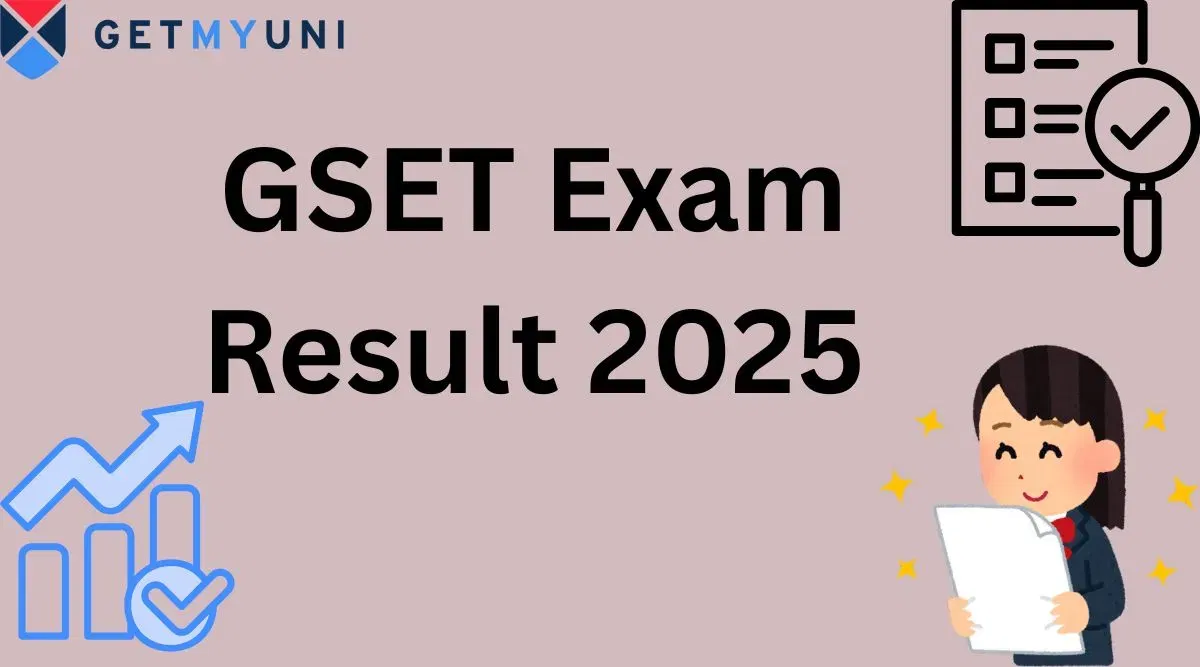
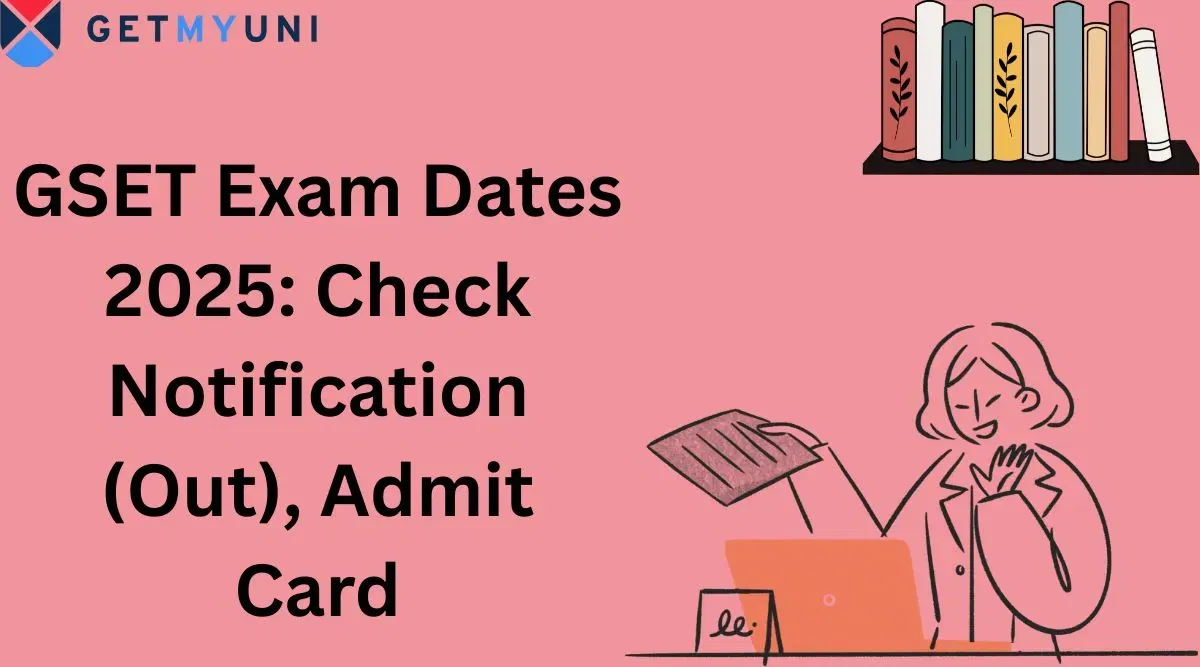
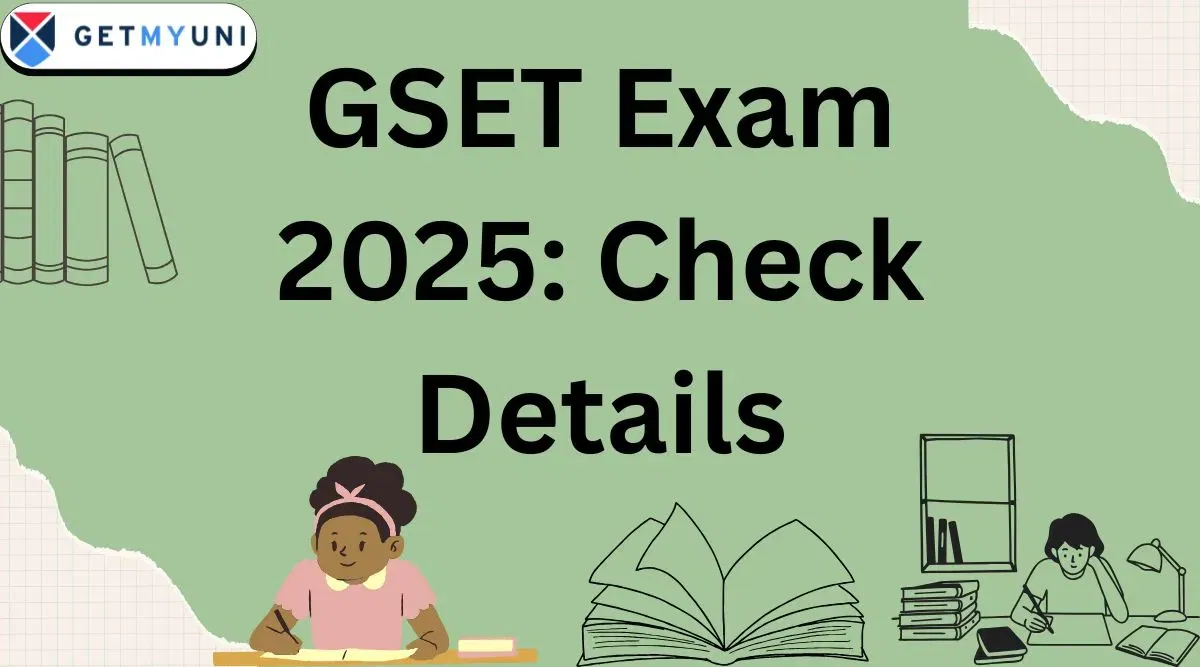
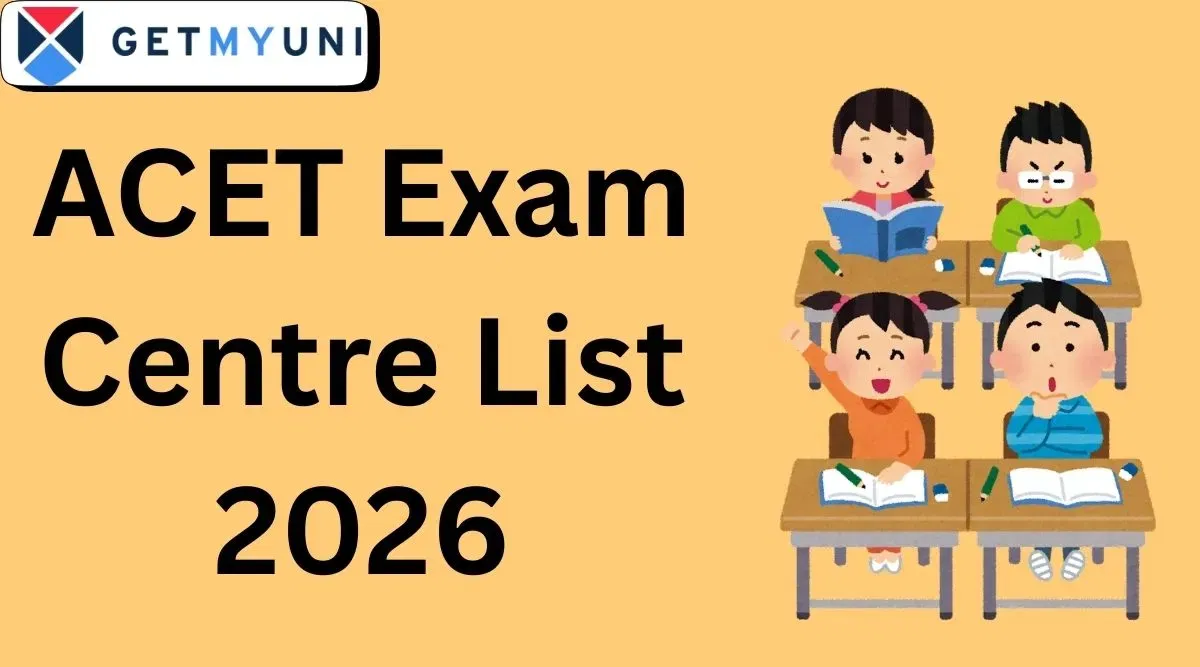
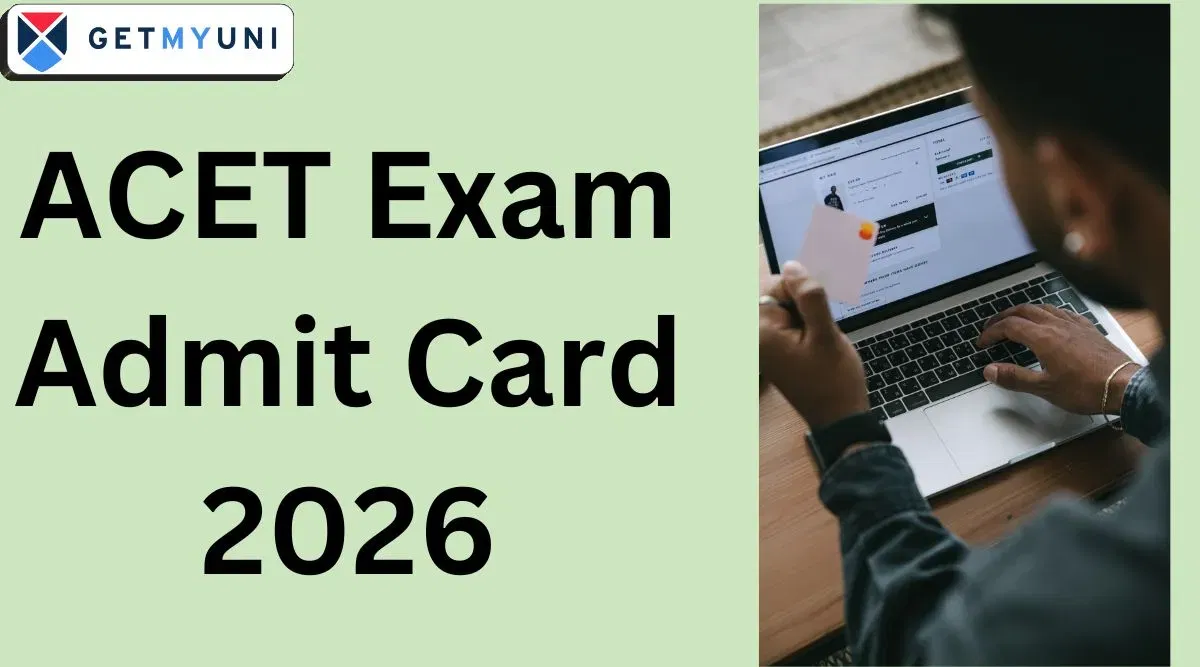
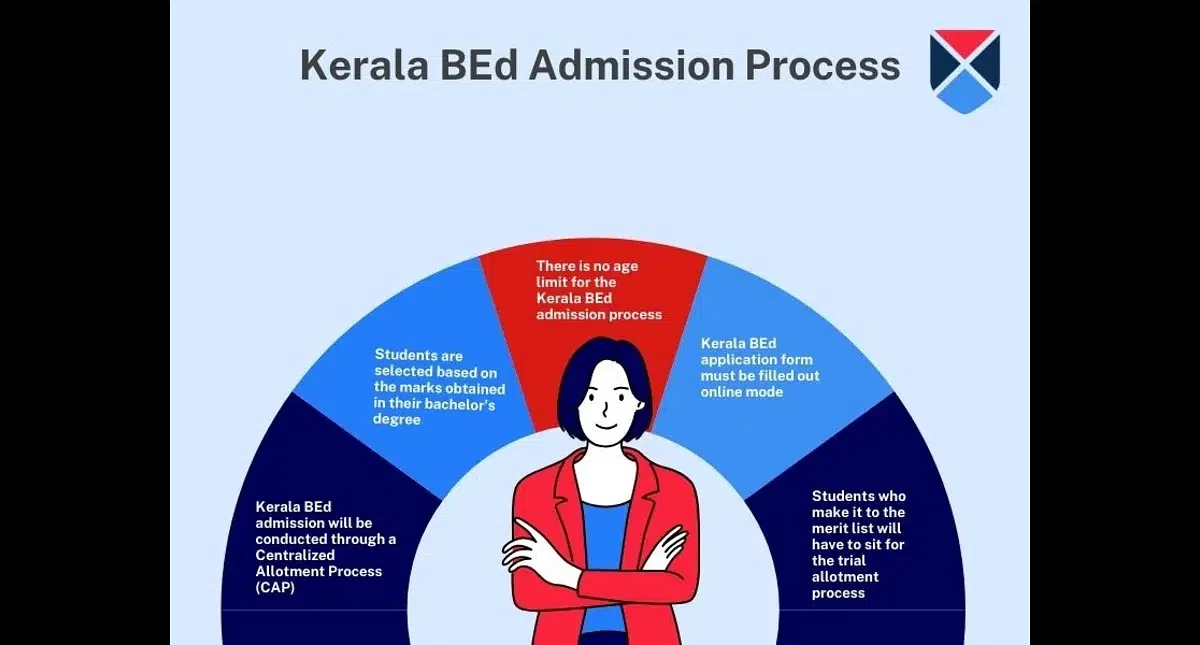
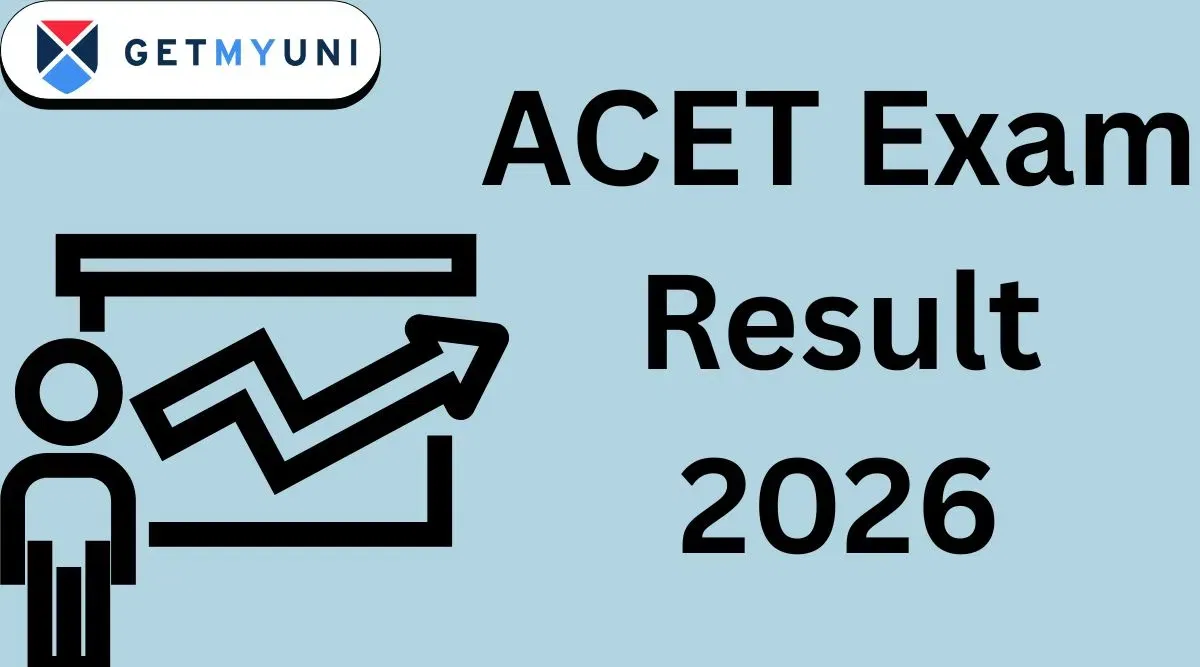
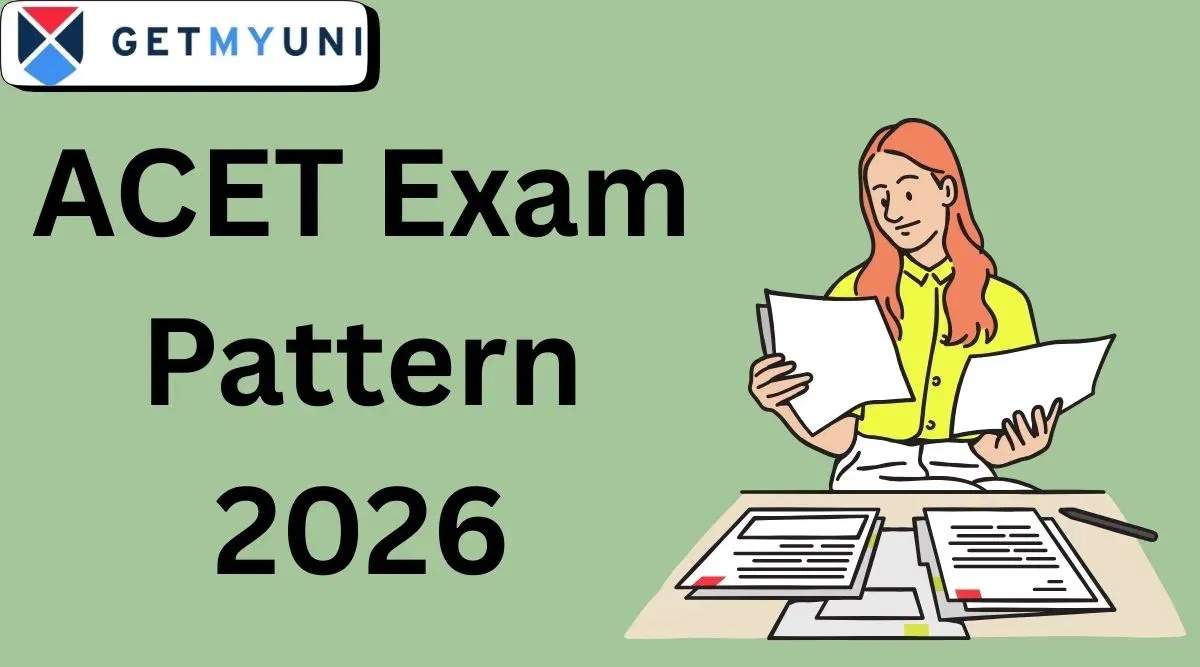











POST YOUR COMMENT